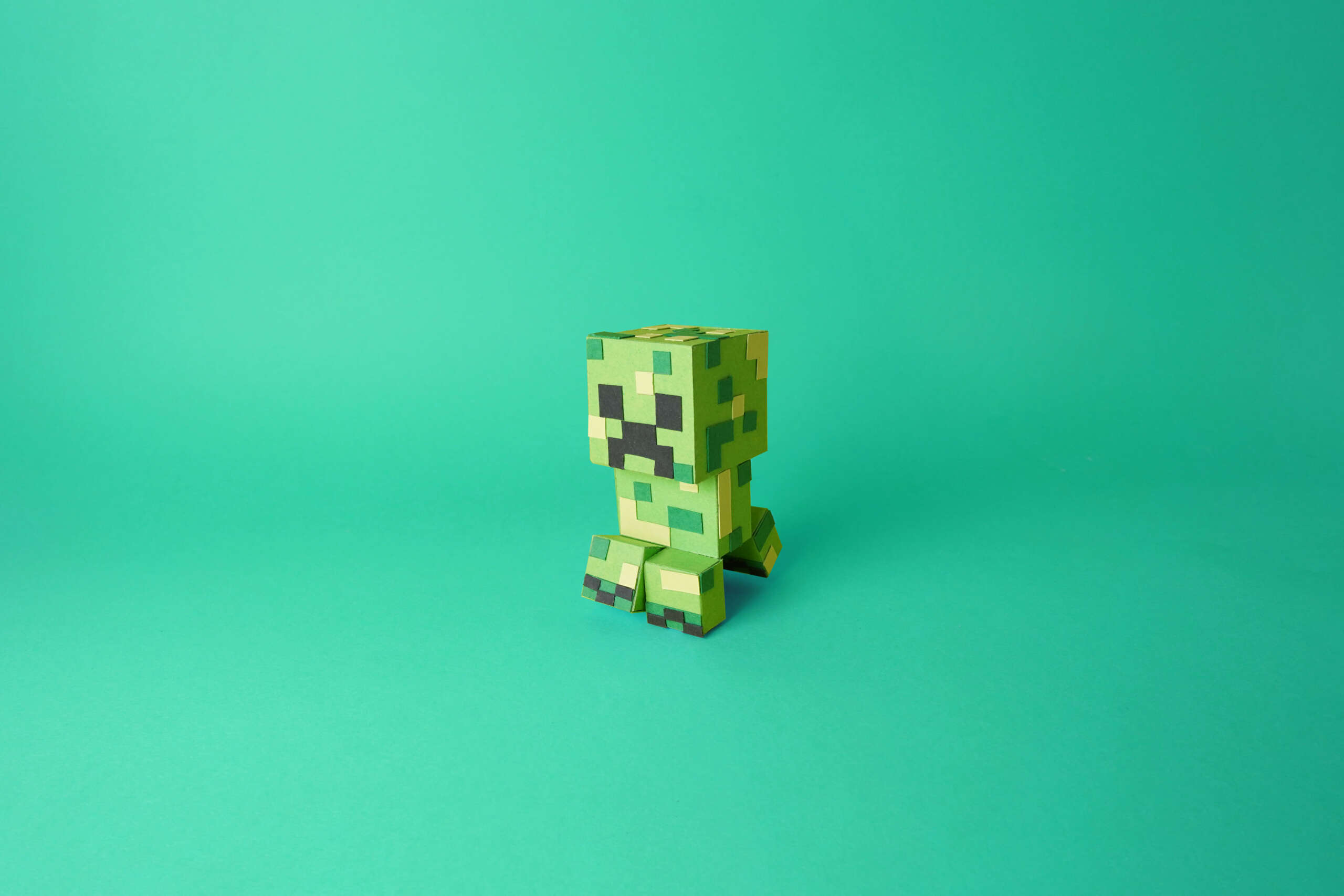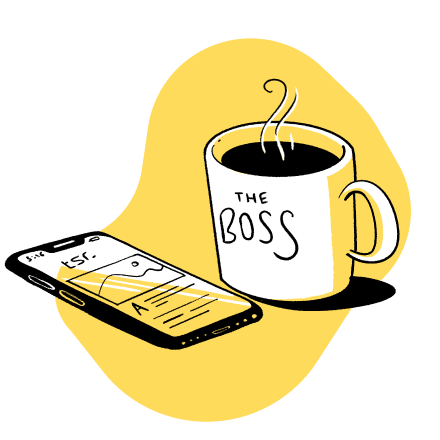Teamwork and Terrain: Lessons About Cooperation From Minecraft

Many times, the foundation of success in both artistic and professional settings is identified as collaboration. Where, though, do we pick up successful teamwork? While businesses and educational institutions try to inculcate these ideals, one of the most interesting and practical venues for team building might just be a video game—Minecraft.
Minecraft’s open-ended gameplay, pixelated appeal, and infinite inventiveness have enthralled millions of people since its release. Beyond the mechanics and mining, though, it provides something more fundamental: a digital ecosystem in which collaboration is not only necessary but also really beneficial. Teamwork is always fundamental, whether gamers are creating massive cities, surviving in Hardcore mode, or roleplaying groups.
Unbelievably, many of the teamwork ideas found in Minecraft reflect those applied in real-world project management, design thinking, and team-based innovation. This makes the game a great instrument for learning how to organize, communicate, and execute common goals—skills that reach well beyond the screen.
The Sandbox as Real-World Teamwork Simulation Groundwork
Minecraft offers a special online environment where users must negotiate the landscape as well as one another’s ideas. The terrain of the game—endless biomes, caverns, towns, and hazards—requires problem-solving and decision-making best done in teams. This naturally creates an environment in which cooperation is not only feasible but also the road towards advancement.
For gamers wishing to design their own cooperative settings, the best way to get started is to buy a minecraft server. Having a server lets teams create without constraints, make their own policies, and define their objectives. It turns into a common place where coordination meets imagination.
Players assign chores in these private or semi-public environments: someone gathers materials, another constructs the groundwork, while yet another concentrates on defense or farming. This framework naturally imparts time management, leadership, and the value of personal responsibility for a group endeavor.
Important Collaboration Skills from Minecraft
The cooperative experiences in Minecraft provide various principles relevant for both digital and physical team environments:
- Effective Communication is Essential
Usually, success depends on players’ degree of sharing of their strategies. Regular communication among teams usually helps them to complete tasks faster and more effectively. - Specified Roles Stop Chaos
Assigning roles—such as builder, explorer, miner, or defender—helps prevent redundant labor and misunderstanding in massive projects or survival challenges. - Share Resources Matters
Materials hoarders slow down the group. Sharing resources and tools guarantees everyone can participate meaningfully and fosters trust. - Strength Terrain changes, mobs attack, and things go awry; flexibility is a strength.
Teams that can react fast and help each other under duress are the most effective ones. - Honor Achievements Together.
Celebrating successes takes time, but it increases team relationships and morale whether it’s completing a fortress or surviving the Ender Dragon.
Minecraft is a surprisingly good model for cooperative achievement as these ideas reflect team relationships in businesses, classrooms, and community initiatives.
Building One Block at a Time Soft Skills
Apart from technical construction or design, Minecraft improves a variety of soft skills crucial for the modern society. These cover emotional intelligence, empathy, tolerance, and fortitude. When a squad loses—say, following a botched raid or material loss in lava—they learn to gather and attempt again.
Furthermore naturally occurring in Minecraft is leadership. Some players are quite proactive, guiding others, or mentoring fresh colleagues. Though they go silent, these leadership moments are quite important, particularly for young players developing their ability to negotiate group dynamics.
Minecraft also promotes inclusiveness. Teams can include varied participants with distinct talents and viewpoints as it’s available across platforms and ages. More innovative and efficient problem-solving results from this sort of variety most of the time.
Oversaw Greater Projects and Communities
Structured planning becomes more important when teams are bigger or more aspirational. Mega-projects in Minecraft, including creating a working metropolis or copying real-world sites, might call for weeks of synchronized work. Often copying real-world project management methods, players construct spreadsheets, blueprints, or voice conversations to handle the flow.
These more ambitious projects need a scalable, consistent environment. Here is when minecraft server hosting becomes really vital. For honest evaluations and advice on which providers give the greatest support, performance, and customizing choices, many users visit resources such Reddit’s MinecraftServer community. A trustworthy host guarantees that everyone has equal access to the world, wherever they live, and that the advancement of the team is not lost.
Final Thought: A Game Creating More Than Worlds
Minecraft is a dynamic sandbox reflecting many facets of actual collaboration, not only a game. From job distribution and dispute resolution to creative synergy and group problem-solving, gamers pick up important collaboration skills without even recognizing it.
Minecraft provides a convincing example for how teamwork may flourish in a shared place whether your group of friends is creating an empire, you are a student working on a digital classroom project, or a distant team generating ideas.
Remember so next time you log in to establish a base or survive a night of creeper attacks: every block you place advances the skill of collaboration. And it all begins when you purchase a Minecraft server and design an environment created from trust, imagination, and common goal rather than only bricks.



![How to Buy a Laundromat in 2025 [What You Need to Know]](https://nichehacks.com/wp-content/uploads/2025/06/How-to-Buy-a-Laundromat-in-2025-What-You-Need-to-Know-850x541.jpeg)

